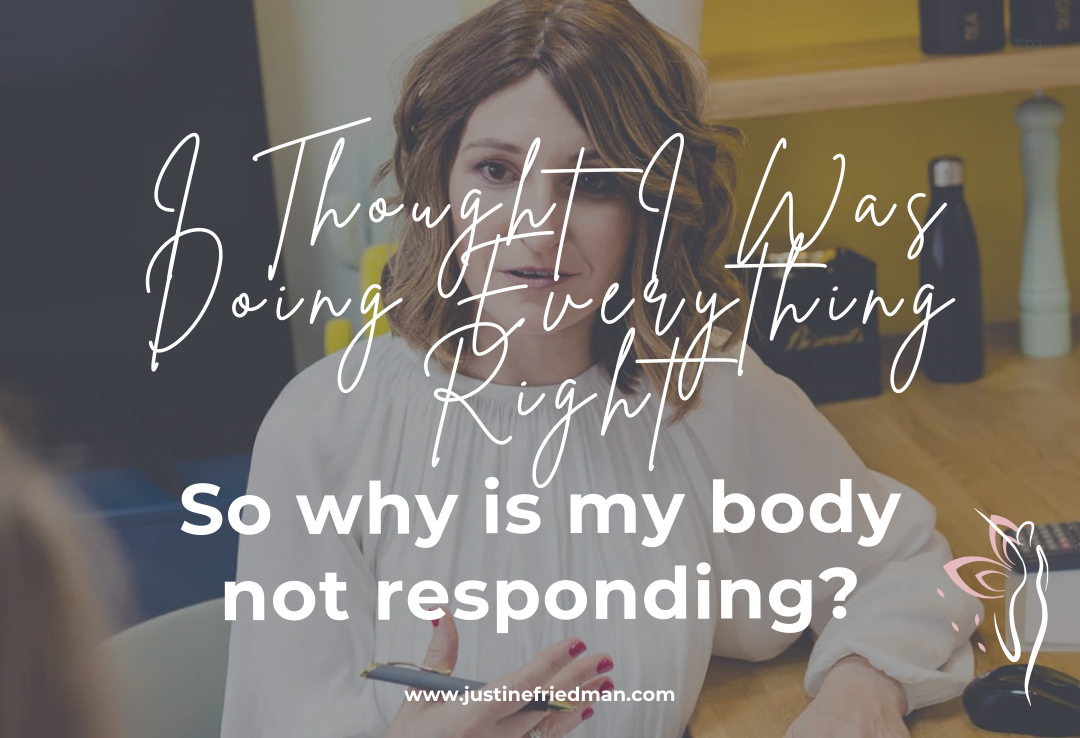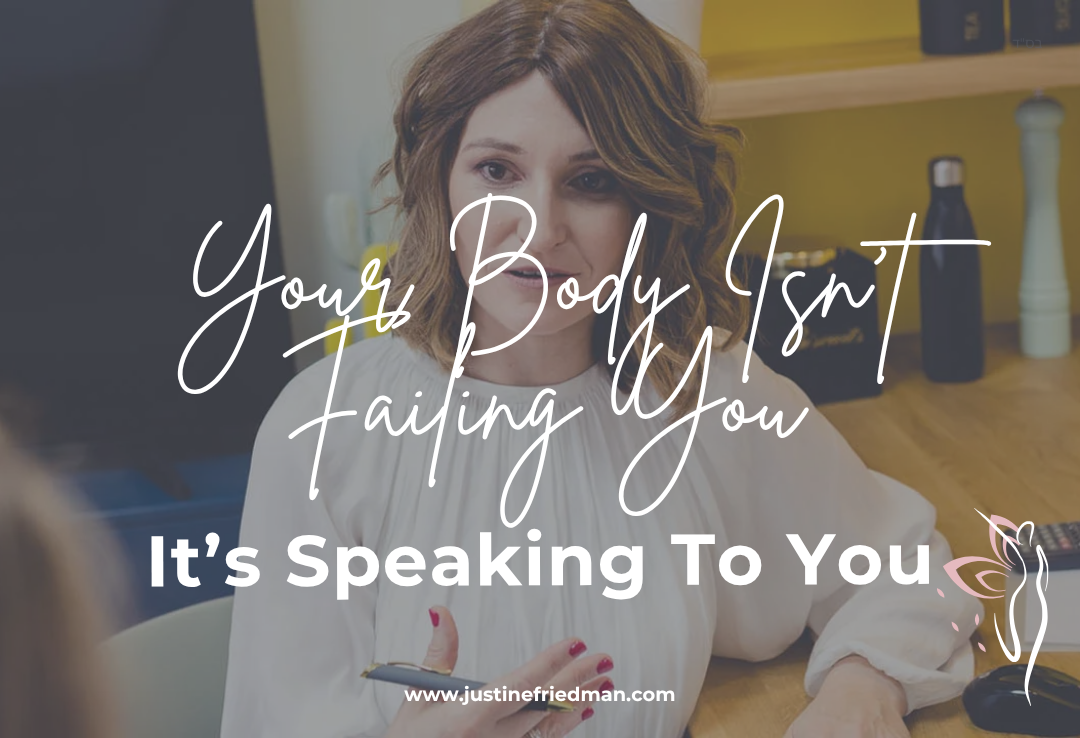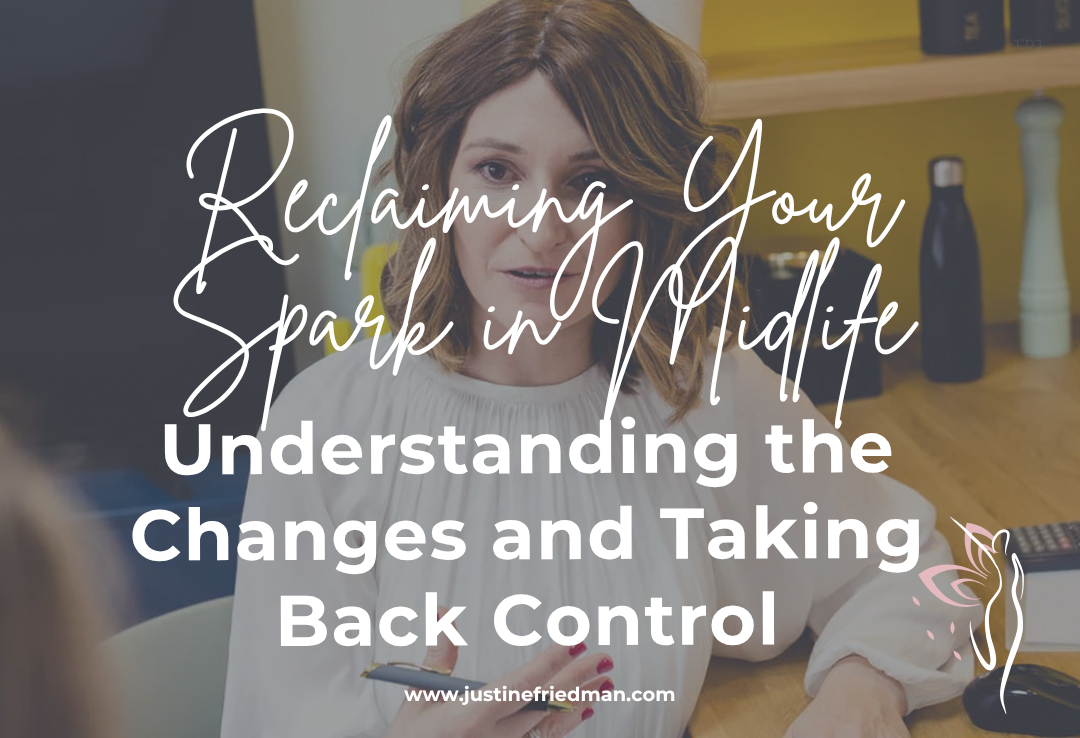Don’t you wish you had a magic wand?
Wouldn’t it be life-changing to wave it and with that one utterance of abracadabra everything you desire would come true?
Oh if life were that easy!
What do magic wands have to do with my business birthday celebration?
You see, not only have I wished that I could have had one 21 years ago when I started my own private practice as a clinical dietitian, but on numerous occasions, patients and clients of mine would muse at how THEY wished I had one.
They obviously wanted me to have the ability to take away the effort and challenges they faced in making lifestyle changes and would have preferred to reach their goals effortlessly. No inner struggles, no self-sabotage, no denying themselves yummy foods.
And I too would have loved that wand- not only to make things easier for them but in order to succeed immediately in my work and business, without going through the uncertainty, time studying, dealing with disappointment, feeling inexperienced, imposter syndrome, and financial ups and downs that come with running a private business.
But then I would have missed out on all the lessons too and the gift of all the inner work that it has taken to get to where I am today.
Allow me to share with you my 21 lessons which are reflected in how I have evolved as a person and in my work as a clinical dietitian.
(Read to the end to enter the draw where 3 prizes are up for grabs.)
1. Calories in versus calories out do not create lasting change and may lead to disordered eating habits- I do not encourage my clients to count calories.
As part of my university degree (3-year Bachelor of Science - majoring in Physiology and Medical Biochemistry- and 2-year Bachelor of Science in Medicine Honours in Nutrition and Dietetics), we were taught the principle of energy and that by reducing calories below what a person needs daily would result in weight loss.
And of course, it does- the first time, and maybe a few times thereafter.
But it also leads to weight loss resistance and rebound weight gain (Which I personally experienced and have seen happen to many clients who finally come to see me after years of dieting, desperate to finally lose their weight for good!)
What counting calories and eating with an energy deficit do long term (very simply put) is teach the body to store very effectively and as a survival instinct it conserves energy- hello weight gain after a strict diet and slow weight loss or weight loss resistance for the countless attempts thereafter.
Yes, there are other factors at play here, but if you are thinking of just eating less and exercising harder- know there is so much more to metabolism and weight.
2. Calorie restriction and rapid weight loss often result in rebound overeating, binge eating, and weight gain past your starting weight - this cycle causes long-term weight gain and dieters fatigue making each dieting attempt harder and harder to be motivated for and endure.
Have you found that you get stuck in this desperate cycle?
You can manage to stay on a “diet” and eat a narrow range of foods for on average 2-4 weeks- according to the latest research this is the amount of time most women can stick to a regimented plan- and then you get too hungry or have a wedding/birthday/meal out/emotional upheaval and you “break your diet” / “fall off the wagon” / Fall off the horse”.
When you “fall” it can be ugly!! It’s you diving head first into the fridge or pantry, perhaps not even enjoying the food that you are inhaling, and ending up with all those charming feelings of guilt, shame, and self-loathing as you promise yourself never to do that again and to double down on starvation tactics from the following day/ Monday/ new year.
Each time this happens it’s drawing you back into the cycle of restriction and then overeating, with your goal slipping further away and your relationship with yourself, your body, and food worsening each time.
One of the main goals of my work with clients is to break this cycle.
It is freeing and worth every ounce of effort.
I know this because this is what I did to heal my own dieting mindset and patterns of abusing food and my body.
3. Weight is a subjective measurement and weighing less does not necessarily mean healthier- I now focus on internal measures of progress like energy levels, mood, and feeling good in your body instead of weighing clients on the scale.
No one ever walks up to you, having noticed you slimmed down, picks you up, and says oh my you have lost weight. It’s not about the number on the scale, rather it is your outer appearance that they are actually complimenting. The number on the scale does not determine how you look or feel in your body and clothes.
You may weigh that magic number and still feel terrible and still not look how you want to in clothes.
The work starts on the inside and when you learn to focus on other measures of success such as health, well-being, energy levels, mood, and more, then you no longer need to weigh that number- which is elusive anyway and can be affected by many factors like medication, salt intake, sleep habits, stress, hormonal fluctuations, bone mass, muscle mass….
4. Waiting to reach a goal weight to be “happy” is generally an illusion.
Not long ago a client who has been working with me on and off for the last 10 years told me that she clearly remembers our first consultation and discussing with me that if she were to weigh 67kg she knew she would be happy.
Fast forward 10 years - where so much has happened in between- and she reported that when she eventually got to that weight she realized that her happiness was not linked to that at all.
On the day she saw that number finally starting back at her she was feeling miserable. Her body was aching from her rheumatoid arthritis and her stomach was bloated.
Then she said words that were like music to my ears.
“You were right all along, how I feel on the inside is so much more important, thank you for helping me to nourish myself and break the pattern that kept me depressed for so long.”
5. There are far more intricacies to what healthy eating looks like and a focus should be on what is right for the individual regardless of what the general scientific recommendations are.
Not all food suits everyone. Just because a certain food is touted as healthy, does not mean it is right for you. Just because a certain way of eating is recommended may not be the best for you either.
For this reason, it is important for me to help each client on their own merit and by helping them to understand what is best for their bodies.
No two clients ever receive the same plan or advice from me.
I tailor-make a unique plan for each person based on their lifestyle, medical history, and goals.
6. Mental health and wellness far supersedes striving for a goal weight.
If you are eating less to lose weight and feel irritable, can't focus, snap at everyone you are close to, and go to bed hungry, where is the joy in that? This approach generally comes with a good dose of self-criticism and strict judgment.
Life is too short to fight with yourself and deprive yourself.
Nourish your body. Eat food that energizes you and boosts your mood and the results will come.
Take your focus off the scale and learn to appreciate who you are.
Your worth is not determined by the number on the scale.
7. Helping others heal their food and weight challenges has allowed me to have a better relationship with my own body and food.
From the age of 13, I learned to diet. I associated weighing less with being more lovable, popular, and worthy of attention.
All because in gym class my friend weighed a kilo less than me - we were all lined up and our measurements like height and weight were taken.
I would love that magic wand to erase this event but then I would never have been able to help so many others who grapple with their weight and relationship with themselves.
What started as an easy diet turned into a cycle of binge eating- restriction- guilt- shame- self-loathing- weighing more- trying to lose weight- gaining more….until I eventually took the steps to heal.
I have walked this path too and I am grateful for the lessons (although painful) and where they led me.
8. Restriction and deprivation often lead to bingeing and overeating - this is a cycle that many clients come to me with and we speak about willpower and how elusive it is. I encourage clients to avoid relying on this to reach their goals.
Willpower is fleeting and once your energy reserves are used up for the day relying on this to resist normal food or that chocolate bar will set you up for failure.
Understanding what keeps you trapped in this cycle and learning the skills to break the patterns are where my clients succeed, and you can too!
9. Feeling guilty about what we eat creates negative self-talk and lower self-worth.
This inner dialogue can set you up for self-sabotage and take you further from your goal.
10. Comparing your body to another or desiring to be a shape and size that is unrealistic for your own body leads to greater body dissatisfaction and feelings of low self-worth.
Remove yourself from social media groups and posts that may be triggering as well as conversations with friends and family members while working on healing your relationship with food and your body.
11. Having compassion for yourself does not make you weak.
Listen to your own inner voice and self-talk to observe what you are saying to yourself and learn to re-parent the parts of you that are driving negative behaviors and that demand perfection.
12. Being balanced is more important than being in control or disciplined.
Phrases like being “in control” and “out of control” are also part of the dieting language that I reframe with my clients.
13. Small wins and simple changes add up to big results.
My motto is to focus on ”Progress NOT Perfection”.
14. The all-or-nothing approach rarely works.
When we are all in or all out it keeps us stuck in a dieting cycle and mindset. Even though this may feel like the best way to get results it sets you up for failure when unrealistic plans are followed or expectations are set.
15. Being on a diet has a negative subliminal message for your mind.
It causes it to go into survival mode as it truly believes that death is inevitable.
16. Focusing on weight “loss” is another negative subliminal message for your mind.
Who wants to “lose” something that is important to them?
17. A simple reframe goes a long way.
It can be the difference between long-term sustainable change and being stuck in a dieting mindset and cycle.
18. Women in midlife may gain weight without making any significant changes and also when restricting food intake and calories.
Changes that happen in women over the age of 40 can affect metabolism and how their body processes glucose.
Stress and poor sleep challenge this further and can result in weight gain and difficulty in shedding the extra weight.
Understanding the best way to support your body and the foods that can better assist with energy, mood, and metabolism will reduce the frustration that so many women feel.
19. Fat is not the enemy.
Include monounsaturated fats and omega 3-rich fats daily for good mood, metabolism, and hormone production.
20. Carbohydrates are not the enemy.
Include unprocessed lower glycemic index, and fiber-rich options as part of a balanced meal to help boost serotonin production and to keep blood sugars balanced.
21. Getting a good night’s sleep, managing stress levels, including moderate exercise that you enjoy, and focusing on anti-inflammatory foods are equally important as part of a lifestyle of wellness.
What a ride the last 21 years have been!
I am grateful for all the twists and turns and for the clients who have trusted me along the way to guide and support them to better health and well-being.
I look forward to the future and all that I have yet to learn.
Join me in celebrating my business birthday by entering my prize giveaway.
There are 3 prizes up for grabs.
Here is how you enter:
Click on this link https://bit.ly/3YFVEkq which will take you to a form
Answer all 10 questions relating to your experience as a woman over 40.
Once you submit this form you will be instantly entered in the draw.
Winners will be announced on August 28th
1ST PRIZE: 1 HR CONSULT & LIFESTYLE PLAN
This prize consists of 2X Zoom calls of 1 hr each.
In the first call, we will conduct a comprehensive intake assessment, looking at your:
- Medical history
- Common stressors
- Sleep habits
- Eating habits
- Struggles and challenges.
Together we will determine your goal and then I will use all this info to go away and create a custom-designed lifestyle plan for you (which I will walk you through on our second Zoom)
Prize value of 1000 NIS
In a 1:1 session together, you’ll share your current struggles and challenges with me, tell me what outcome you want to achieve and your ideal goal you want to hit.
Then we will start to we break it all down, looking at your lifestyle and your eating habits.
By the end of our hour together, you’ll come away with 2 or 3 practical suggestions on how to begin to work towards those goals.
Prize value of 500 NIS
3RD PRIZE: MASTERCLASS ON ‘BOOST YOUR METABOLISM & MOOD
You’ll learn practical step-by-step eating tips to help you boost your energy and metabolism, shed weight & stabilize your mood!
Includes the 90-minute recorded webinar on how to Boost your Metabolism and Mood in Midlife
BONUS: Comprehensive 49-page workbook that you can work through to build habits that enhance metabolism and mood (includes a journal section)
BONUS: Meal ideas and over 20 recipes that you can introduce with ease to give you better energy, reduce cravings, improve your mood and support your body in midlife
Prize value of 150 NIS





